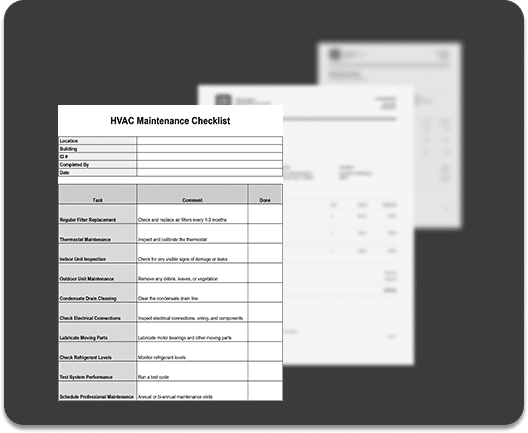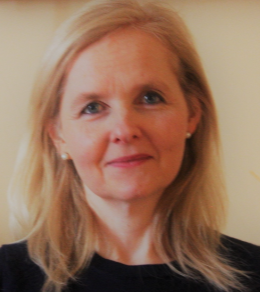There’s a lot of movement at the moment around questions of rebuilding after COVID (assuming there is an ‘after COVID’; I think this is with us for a while) especially in what is sometimes referred to as the “foundation economy” (health, social care, education, food – what Sydney University’s John Buchanan recently described as the “economy of everyday life”) or in care and caring more broadly.
The story goes that COVID has peeled back the lid, so to speak, to reveal a set of conditions and circumstances about the way we care, and the way we think about care, that suggest things are at one at the same time impressively resilient and dangerously fragile.
It’s not that COVID19 is the cause, so much as a brute catalyst that has brought into sharp and uncomfortable relief the precarious state of our framing, ethic and practice of care throughout society and the economy.
I was at the recent Australia Together Summit, put together by many including Michael Hogan, Matthew Cox and Tim Reddell, and had occasion to throw a question into the chat channel (aren’t we all getting good at having multiple meetings with the chat function?): why is it so hard to do what we know?
What does that mean?
For me, it means we’ve reached a stage where, for most of the big social and care challenges we face – disability, aged care, juvenile justice, mental health, child protection and family and domestic violence – in fact, as a rule of thumb, any area you can think of where there’s a Royal Commission going on now or in the last couple of years), we don’t need too much more research, discussion, debate, workshops, conferences and analysis. We know, for the most part, why these problems exist and what better looks like, especially for those whose “lived experience” is meant to be at the heart of the work.
We seem, though, either not to know how to do the work to turn our knowledge into action or we don’t want to.
Why is that?
I have three hunches.
Hunch 1
We’re actually happier admiring the problem and having workshops and conferences about the nature, scale and intransigence of the problems than actually doing the work necessary to make change happen. That work is hard, long and demanding and requires leadership and skill of a temper and intensity that are in short supply.
It also requires a distinction between performance and impact, between the (relatively easy) work to march, protest, design, tweet or pilot and the (very much harder) work that holds itself to one measure – is something changing, will the change stick and does the change matter? Does it bring about, or noticeably and measurably help to bring about, the conditions and result to which we aspire?
Hunch 2
We actually do need to keep talking about the same things over and over again because they are hard, complex, take time and rely on successive waves of analysis and debate to work out what to do. It’s hard work, it has to be repetitive and cumulative so get over it and keep talking.
The fact that we seem to find ourselves sometimes stuck in loops of unnervingly familiar conversation, research, analysis and posturing is, as the software writers would have it, a feature, not a bug. This is what it takes and, just when you’ve reached the point where you have to dig your fingernails into the fleshy part of your hand to stop you screaming with frustration and even anger, progress is made, however slight and grudging. Enough, at least, to get you to register for the next conference or webinar.
Hunch 3
Actually we are doing more of what we know than we think and that I am giving us credit for. Perhaps, even if it’s sometimes difficult to discern and not very visible, change is happening, gradually but inexorably. Again, the lesson is that we’ve got to hunker down for the long haul and become more adept at stitching together the ‘bright spots’ of change into necklaces of social change that glister and shine.
I don’t think it’s very honourable, but I find myself drawn to Hunch 1 too often for my own good and for the stocks of energy and motivation on which I rely, like others, to motivate the next assault on change.
Of course, all of these baleful reflections may reflect my age, longevity in some of these debates and (perhaps) personality. This may be much more about my own sense of weariness, through the haze of which I have lost the ability, or the will, to discern the movement and gradual shift that is actually happening.
Maybe the prize is only available to those who can combine their inner warrior with stamina I may not possess. I once described a true innovator as someone who never gives up, even when they should. Perhaps I don’t have that gene, although I like to convince myself I do.
But, when it comes to care, caring and ‘building back better” in the dimensions of our lives we share in common and which touch so many of the deepest and most vulnerable dimensions of the human condition, I am not sure how many more discussions we need about the why and the what of reform and change. No more Royal Commissions, surely?
I doubt our problems stem from a deficit of manifestos and white papers (or royal commissions for that matter). I don’t think we need much more research into ways we might unleash our collective impatience for better when it comes to the architecture of hope that should animate the reform process.
Maybe this is just me right now, but I feel I’ve reached a kind of ‘hit the wall moment’. I hear the same words, I hear the same tones of anger and frustration, I read the same research and listen to the same prescriptions that hover between piety and pragmatism, and I despair at the trudge of repeating circles of analysis, astonishment and inaction.
Right now, it seems to me, if we want to change the way we care, think differently about caring and turn our knowledge of “better” into recognisable change, we need do to one thing and one thing only – keep asking, and doing something about, why what we know about “better” isn’t happening and what can we do to make it happen?
We don’t need to talk much more.
We know the answer.
We have to find out what is blocking us doing what we know.
There must be ways we can do that.



















